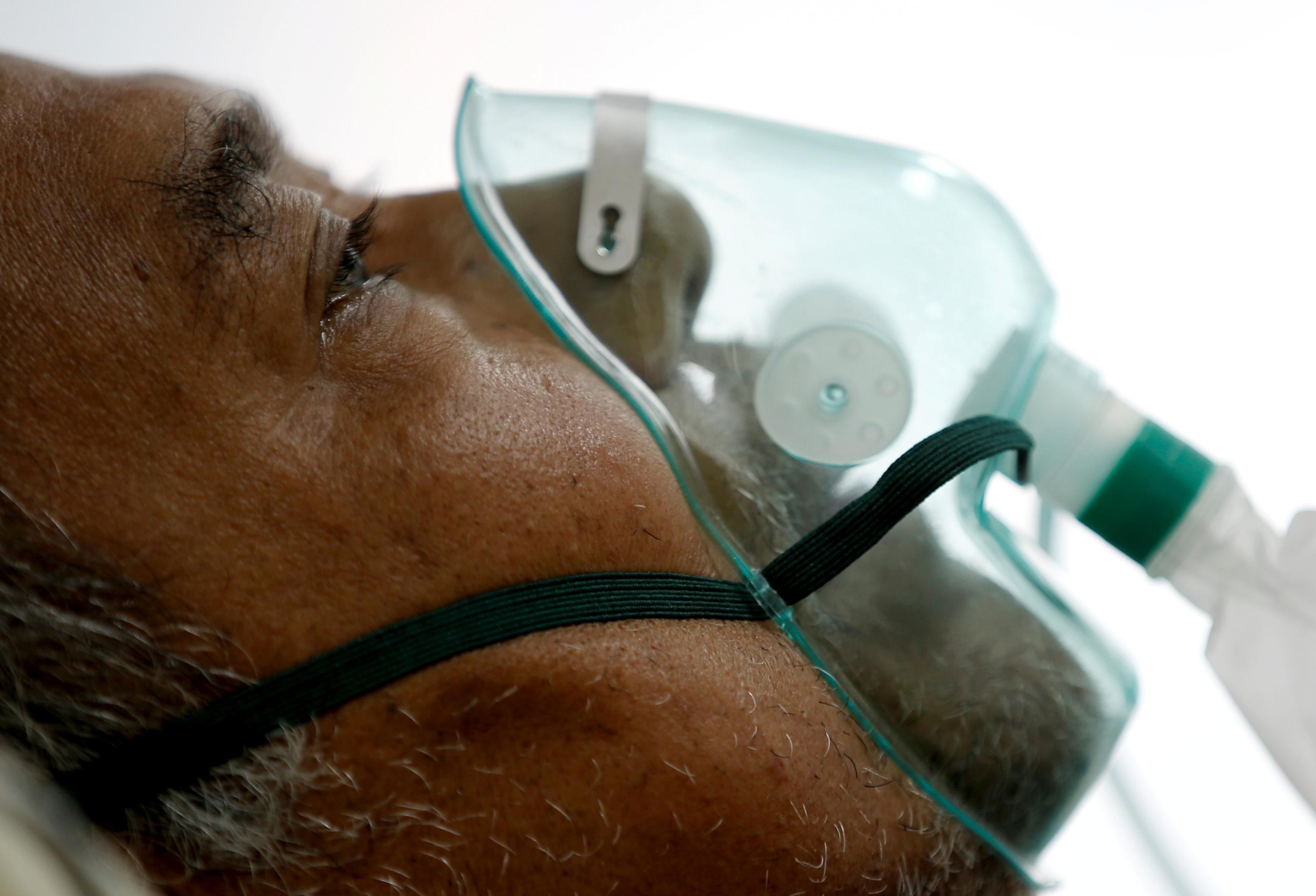Hard Numbers: 100 million get COVID, Bangladesh expels Rohingya, developing world vaccine woes, Russia-US arms control
1.3: Around 1.3 percent of the global population — 100 million people — have now been infected with COVID-19. The spread of new contagious variants from Brazil, the UK, and South Africa means that a person has contracted COVID every 7.7 seconds on average since the beginning of this year, according to Reuters analysis.
1: The World Health Organization says that the West African country of Guinea-Conakry is the only one of the world's poorest 29 countries to have started rolling out a COVID vaccine. Still, the rollout has been sluggish, with just 55 people (out of a population of 13 million) receiving the jab.
2,000: Bangladesh says it will relocate at least 2,000 Rohingya Muslims — who are fleeing persecution in neighboring Myanmar — to islands off the Bay of Bengal, despite criticism that the islands are vulnerable to extreme and dangerous weather. This is on top of the roughly 3,500 Rohingya Bangladesh has already relocated to free up space in crowded refugee camps, ignoring the objections of human rights groups.
5: US President Biden and Russia's Vladimir Putin agreed on Tuesday to renew the New START Treaty, which was set to expire next month and limits the number of long-range nuclear weapons that each side can deploy, for another five years. Former President Trump previously said he would not renew the pact unless China joined, too.